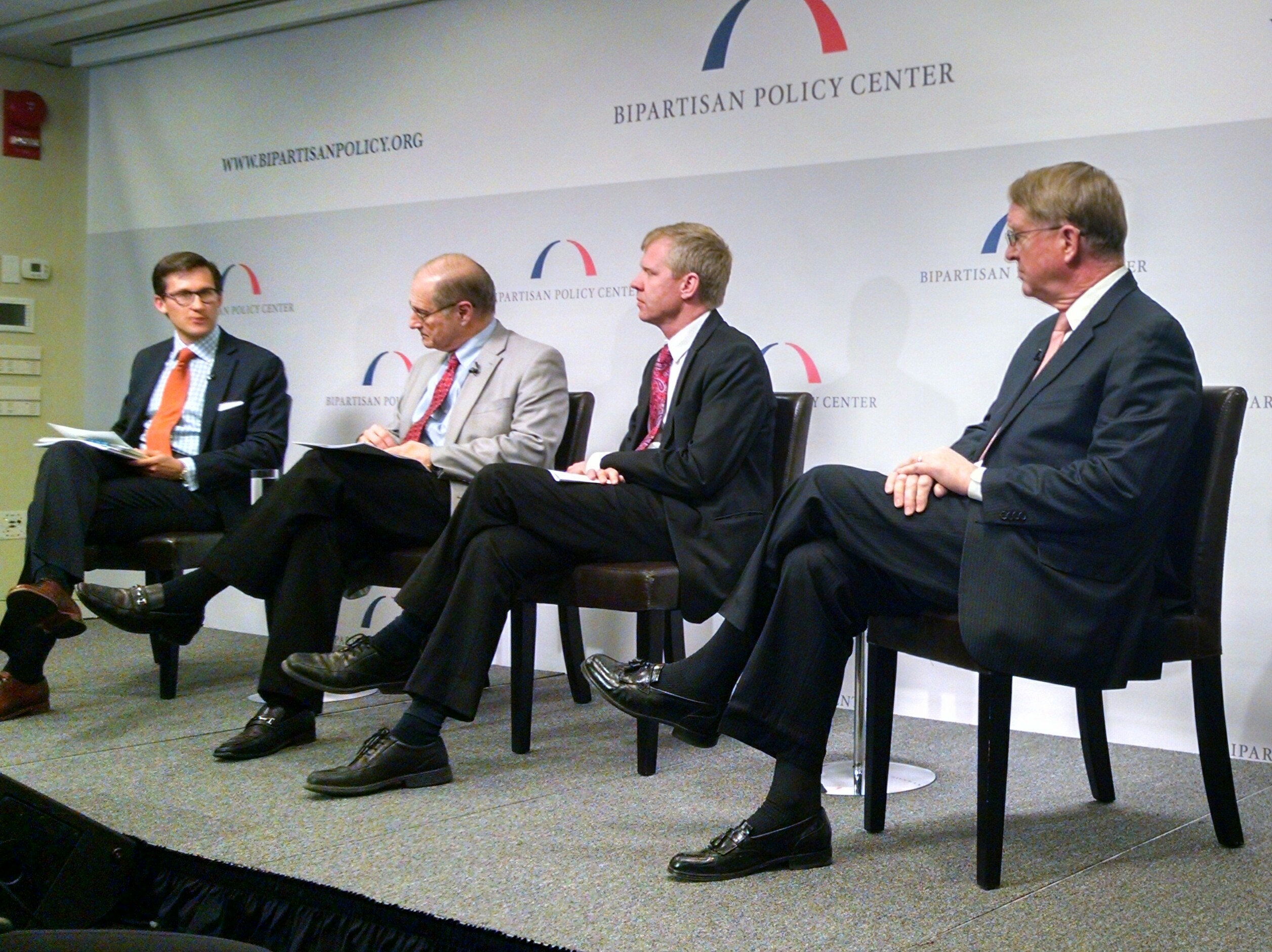WASHINGTON — A bipartisan think tank argues that Turkey increasingly is an undependable ally of the United States.
In a recent report, the Bipartisan Policy Center’s national security program analyzed the status of the U.S.-Turkey relationship, which has been strong “based on shared strategic interests and aspirations towards sharing the same values.”
However, “Turkey’s more recent actions show that it can no longer be counted upon to be the ally it once was,” the policy center said.
In 2013, the center’s Turkey Task Force noticed a “mismatch in U.S. and Turkish priorities in response to a series of critical regional challenges … that were not being addressed frankly by either side.”
But in remarks at the U.S. State Department last week, Turkish Minister of Foreign Affairs Mevlut Cavusoglu said Turkey and the U.S. have demonstrated that the two countries can overcome any challenges “by working together on any common vision.”
“That is why I am confident that we can continue our significant contributions to the international peace and security by working together in close cooperation and coordination,” Cavusoglu said.
We’re doing our best, he said of his country’s response to terrorism. “We have included more than 12,800 people into the no-entry list and we caught and deported 1,300 foreign fighters.”
The bipartisan center’s research and writing of the recent report took place over the first few months of 2015. The Washington-based center is a non-profit group that seeks solutions “through rigorous analysis, reasoned negotiation and respectful dialogue.”
Its report maintains that Turkish leaders are “centralizing power at home in a drive towards an Islamist, strongman authoritarianism with neither constitutional limits nor institutional checks and balances …”
The policy center says that Turkey has “documented connections to extremist groups in Syria,” and has not been an active player in the fight against the terrorist group, the so-called Islamic State. Furthermore, it states that Turkey, which borders on both Syria and Iraq, has not allowed “U.S. coalition forces to use its airbase at Incirlik, even for combat search and rescue missions.”
The center’s researchers say that this lack of cooperation limits “the effectiveness of the campaign against ISIS (and) places the lives of American and allied forces at risk.”
Turkish President Recep Tayyip Erdo?an, who was elected last year, is seeking to change the secular country “to achieve an Ottoman-tinged Islamist state inhabited by a ‘pious generation,’” according to the bipartisan center. The center says Erdo?an is “expanding mandatory religious education in all schools” and forcing “students into religious schools without their consent.”
The United States should find other reliable partners in the region that share “strategic interests and are more eager to cooperate,” the report recommends.
In a forum at the policy center last Friday, former U.S Ambassador to Turkey Eric Edelman said he still considers Turkey an ally of the U.S., but not the only one in the region.
“For sometime there has been a sense that on the Turkish side, I believe, that the United States needs Turkey more than Turkey needs the United States. I think that’s a misreading of the actual situation,” he said. “We have done a lot to encourage that.
We ought not to do that anymore.”
Edelman, who served under then-President George W. Bush, said that he hopes the Obama administration, as well as future presidents, will learn from prior mistakes and change course a little bit.
“I hope a new administration, either part … will take a serious look at the relationship because it is one of our most important relationships in the region … but it needs to be managed properly,” he said.

